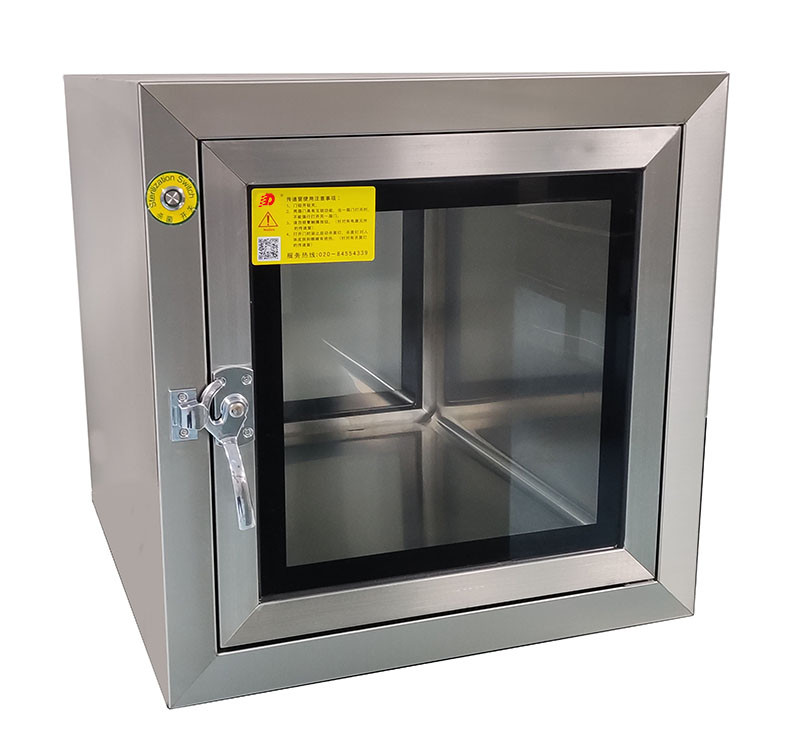GMP certification is a critical component for industries like pharmaceuticals, food, and cosmetics, ensuring products are consistently produced and controlled according to strict quality standards. Achieving GMP certification not only safeguards consumer health but also enhances a company's brand reputation and market position.
What is GMP Certification?
Understanding GMP Standards
Good Manufacturing Practices (GMP) set forth the operational conditions and requirements that ensure hygiene and quality across the food chain during production. The goal is to establish favorable conditions for safe food production.
Codex Alimentarius and Operational Conditions
Developed by the Codex Alimentarius, GMP guidelines aim to protect consumers by setting basic operational conditions and procedures for food companies.
Key areas include construction and layout of premises, employee training, equipment maintenance, use of chemicals, pest control, waste management, traceability systems, and cleanliness standards.
Key Aspects of GMP Certification
- Quality Standards and Risk Minimization
- Comprehensive Coverage from raw materials to personnel
- Third-Party Audits and Renewals
Benefits of GMP Certification
Enhanced Product Safety
GMP ensures products are safe for consumption and use, giving consumers confidence in the quality and safety of the products.
Improved Quality
By maintaining consistent product quality, GMP increases customer satisfaction, leading to better brand loyalty.
Competitive Advantage
GMP certification provides a competitive edge, potentially increasing a company's market share by showcasing a commitment to quality.
Cost Reduction
Through improved efficiency and waste reduction, GMP can help lower production costs, enhancing overall operational efficiency.
Industries Requiring GMP Certification
| Industry | Importance |
|---|---|
| Pharmaceuticals | Essential for ensuring the safety and efficacy of medical products |
| Food | Ensures the safety and quality of food across the supply chain |
| Cosmetics | Prevents contamination, ensuring the safety of cosmetic products |
| Medical Devices | Guarantees the safety and reliability of medical devices |
21 CFR 210 and 211 cGMP
The Code of Federal Regulations (CFR) Title 21 Parts 210 and 211 set forth the current Good Manufacturing Practices (cGMP) in manufacturing, processing, and holding of drugs to ensure safety and efficacy.
These regulations cover the minimum requirements for the methods, facilities, and controls used in manufacturing, ensuring that pharmaceutical products meet quality standards.
Other GMP Certifications
- Cosmetic GMP
- Medical Device GMP
- Food GMP
- Pharmaceutical GMP
Common Questions and Answers
What is the primary purpose of GMP certification?
To ensure products are consistently produced and controlled according to quality standards, safeguarding consumer health.
How does GMP certification benefit a business?
It enhances product safety, quality, and market competitiveness while reducing costs through improved efficiency.
Which industries are most impacted by GMP certification?
Pharmaceuticals, food, cosmetics, and medical devices are among the key sectors.
Why are documentation and traceability crucial in GMP?
They ensure consistency, accountability, and easy traceability for audits and recalls.
Conclusion
GMP certification is a vital benchmark in ensuring the quality and safety of products across numerous industries. By adhering to these rigorous standards, companies not only protect consumer health but also enhance their competitive standing and brand credibility.
 +86 18186671616
+86 18186671616 Jason@cleanroomequips.com
Jason@cleanroomequips.com
 MENU
MENU














